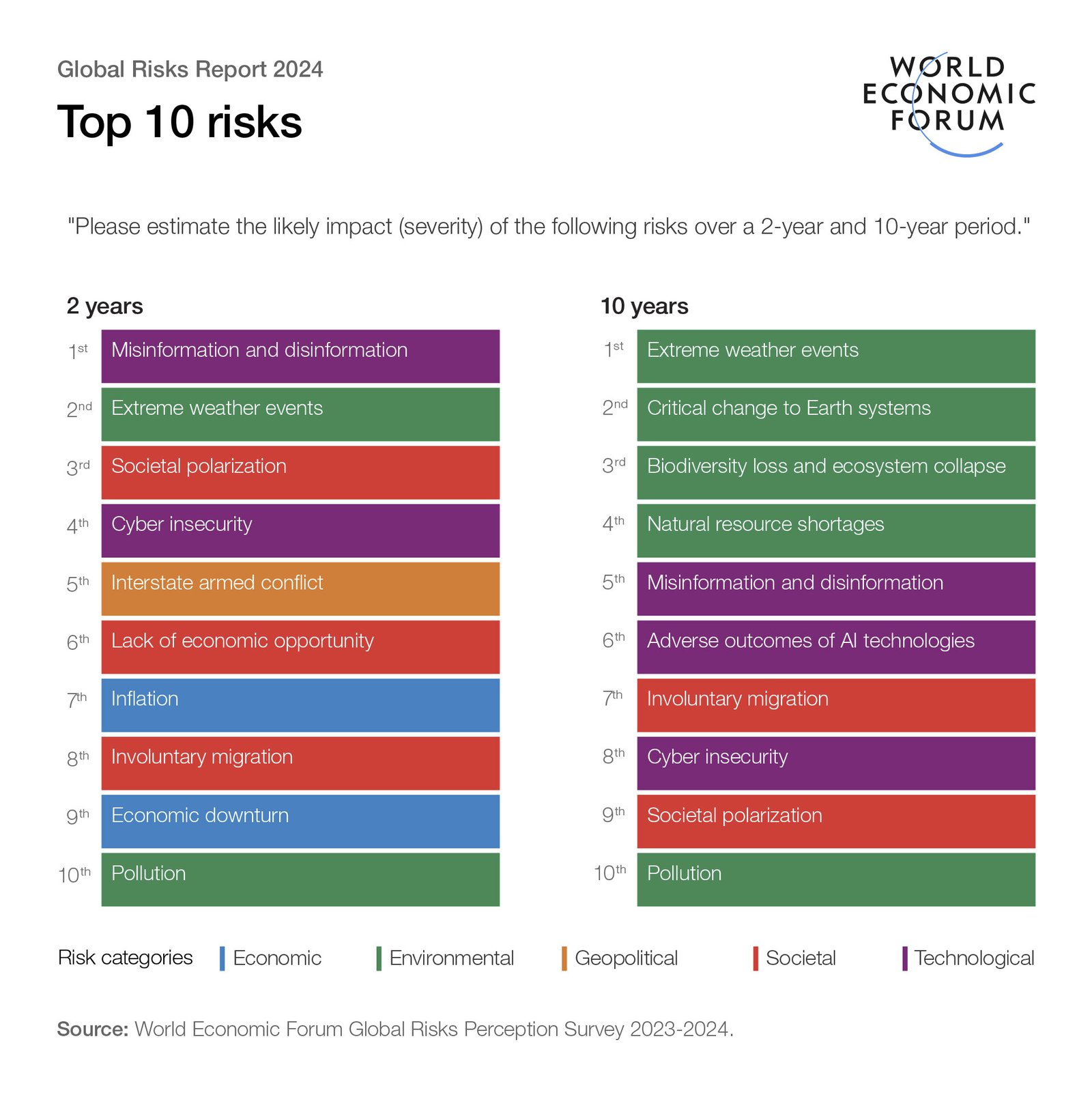In recent years, the world has witnessed a shift in the balance of global power and security that is reminiscent of the turbulent times of the Cold War. The current international landscape is facing a series of unprecedented risks that challenge the stability of the world order as we know it. From geopolitical conflicts to economic instability and environmental crises, the threats we face today are complex and interconnected.
A Changing Global Landscape
The Cold War era was marked by intense rivalry between superpowers, primarily the United States and the Soviet Union, which created a global environment of tension and competition. Today, while the ideological divisions of the Cold War have faded, new challenges have emerged that threaten the stability of the international system. These challenges include geopolitical tensions, cyber warfare, and the rise of non-state actors that exert significant influence.
Geopolitical Conflicts
Geopolitical conflicts have become increasingly prominent on the global stage. Nations are grappling with territorial disputes, strategic competition, and military confrontations. The ongoing tensions between major powers such as the United States, China, and Russia have made the balance of power unstable. These conflicts often involve not only traditional military threats, but also economic sanctions, trade wars, and diplomatic maneuvering.
Cyber threats and information warfare
The digital age has introduced a new dimension of global threats: cyber warfare and information manipulation. Cyberattacks targeting critical infrastructure, financial systems, and government institutions have become more frequent and sophisticated. Information warfare, including misinformation campaigns and propaganda, has the potential to undermine democratic processes and sow discord among nations.
Economic instability
Economic instability is another pressing concern that affects global stability. Trade disputes, financial crises, and economic inequality contribute to an unpredictable economic environment. The COVID-19 pandemic has exacerbated these issues, leading to global supply chain disruptions and economic uncertainty. Countries are grappling with the challenge of rebuilding their economies while addressing the socio-economic impacts of the pandemic.
Environmental crises
Environmental crises such as climate change, natural disasters, and resource depletion pose significant threats to global stability. The effects of climate change, including rising sea levels, extreme weather events, and habitat loss, are having a profound impact on communities around the world. Addressing these environmental challenges requires international cooperation and long-term strategies to mitigate their impacts and promote sustainable development.
The need for global cooperation
In the face of these unprecedented risks, the need for global cooperation and effective governance has never been more critical. Nations must work together to address the complex and interconnected challenges that threaten global stability. This includes strengthening international institutions, promoting diplomatic dialogue, and fostering collaborative efforts to tackle global issues.
The current global landscape requires a renewed focus on building resilient and adaptive systems that respond to emerging threats. By prioritizing cooperation and mutual understanding, the international community can work towards maintaining a stable and secure world order in the face of unprecedented risks.
Conclusion
The world order today is indeed under threat from a range of unprecedented risks that challenge our global stability. Geopolitical conflicts, cyber threats, economic instability and environmental crises are just some of the issues that require urgent attention and coordinated action. The importance of global cooperation and effective governance cannot be underestimated when tackling these complex challenges. By confronting these threats and working together, we can strive to maintain a stable and secure world for future generations.
